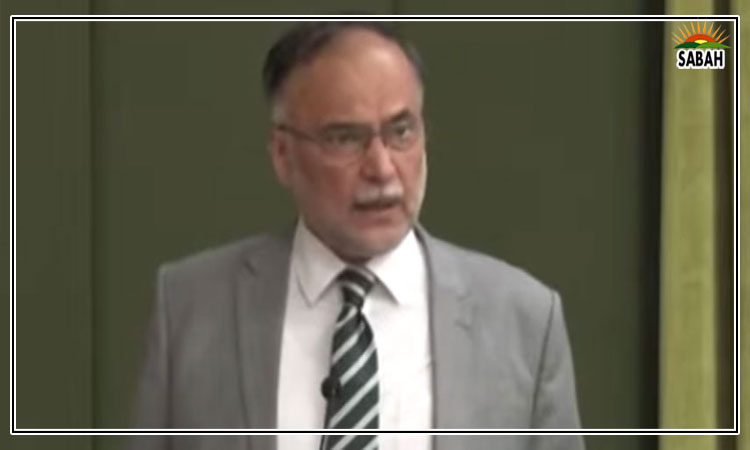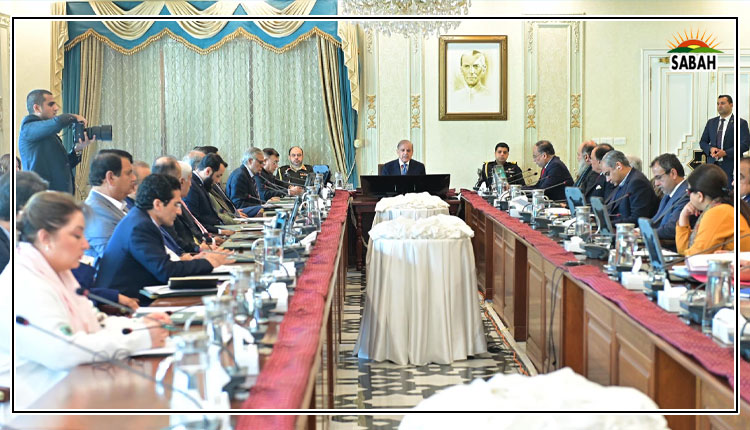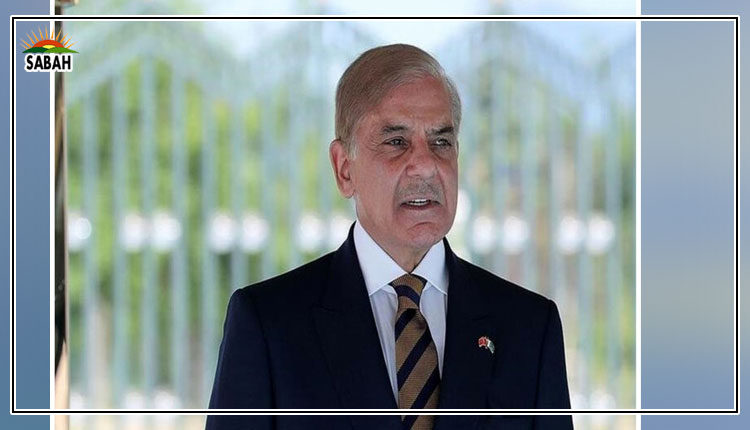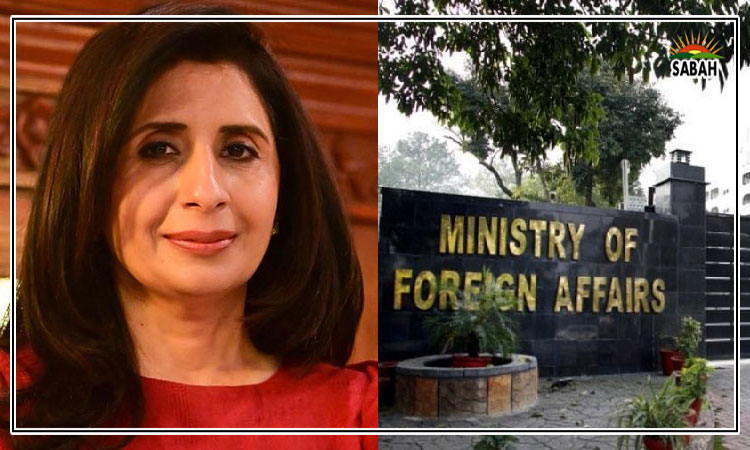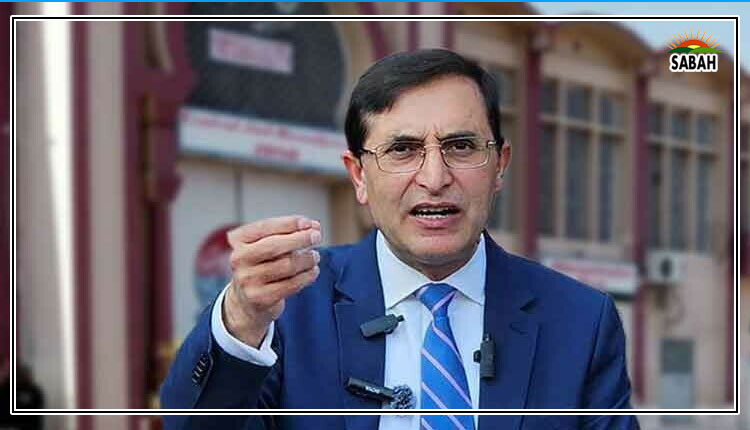Anti-terror strategy…Muhammad Yar Lak
The specter of terrorism has once again risen and is haunting the citizens of Pakistan. The situation is further aggravated by the government’s ineptness in handling the TTP threat. The recent bombing of the Peshawar mosque underlines the potentially destructive ramifications of the government’s ineffective anti-terrorism strategy. It is time for a change in policy.
The recent rise in terrorist activities in Pakistan can be partially attributed to the shift from military action towards diplomacy when dealing with terrorism. The sudden termination of the TTP ceasefire agreement, only after one month, served as a glaring reminder of the fragility and inconclusiveness of such agreements. On top of it, there are well-known dangers associated with negotiating with terrorist groups; something that had been cautioned against by many political analysts.
Instead, the militants have strategically regrouped and reorganized into Pakistani territory, using this leverage and window of opportunity to sow fear once more. Reportedly, post US-withdrawal from Afghanistan, a significant number of militants have returned to their homes in Swat and other districts of Khyber Pakhtunkhwa, reigniting fear in the local population.
Once-peaceful areas stand threatened of being plunged back into a seemingly perpetual state of violence. People are worried that targeted killings, abductions, and terrorist attacks by militant fighters can once again become part of daily occurrence in Khyber Pakhtunkhwa.
Further diplomacy with militants would not only serve to legitimize their extremist views but would also reinforce the notion that terrorism can achieve political objectives while sending a message of weakness to other extremist groups.
Moreover, the alleged release of some TTP leaders without proper consideration was a grave mistake. TTP militants were responsible for the brutal murders of many innocent civilians and government officials. Any release of such people would not only dishonour the memory of our fallen soldiers in the war against terror but would also send a message that anyone engaged in violence and bloodshed can escape punishment in Pakistan.
What we have at the moment is not only terrorists refusing to disarm, but they’re also making illegitimate demands of the government, such as reversing the Fata merger and withdrawing security forces from the area.
In order to meaningfully counter this threat, Pakistan requires a comprehensive strategy that encompasses the economic, political, and security complications of the problem. For instance, monitoring and gathering data from people’s internet usage and social media activity can provide useful information about potential terrorist activities and their plans.
In addition to this, addressing the root causes of terrorism and extremism, such as poverty and illiteracy, is extremely crucial to effectively defeating the TTP and other militant groups. Militant organizations like IS-K and TTP target vulnerable individuals in poverty-stricken, low-literacy regions of Pakistan’s tribal areas.
Although the National Security Policy of 2022 recognizes extremism and radicalization as significant threats, its success rests on wider public support from all political parties. The policy lacks parliamentary endorsement and has not undergone sufficient public discussion. The absence of political consensus on an issue as vital as national security is particularly problematic.
Further, there are several issues hindering effective counterterrorism legislation in Pakistan though it is not too late to overcome these challenges. The government can by enacting new laws with a focus on improving conviction rates through enhanced investigation and police powers, whilst simultaneously increasing accountability measures, Pakistan can effectively combat terrorism at home. For instance, extensive police reforms, including the creation of robust counter-terrorism departments, are desperately needed.
The existing Police Act of 1861 and Police Order of 2002 are inadequate as they do not address terrorism and extremism, and thus require revision. Currently, only the KP Police Act of 2017 incorporates a counterterrorism department. Updating police laws to address contemporary security challenges is critical to effectively countering terrorism and ensuring the safety of citizens.
Moreover, Pakistan needs to address the issue of the Afghan government’s support of the TTP, as the current terrorism threat arises mainly from Afghanistan. There have been reports of disappointing results of Taliban rule in Afghanistan, raising concern over the footprint of terrorist organizations in Afghanistan. Pakistan should ask the Afghan government about its role while seeking peaceful solutions to end support to extremist groups and ensure regional stability.
The government should maintain a resolute position instead of negotiating with terrorists in order to uphold rule of law, protect its citizens, and ensure that those who commit terrorist acts are prosecuted. Only by changing this diplomatic policy can the leadership demonstrate its commitment to the security and well-being of its citizens, and help build a stronger and more stable nation for future generations.
The writer is a lawyer. He tweets @Muhammadylak
Courtesy The News



